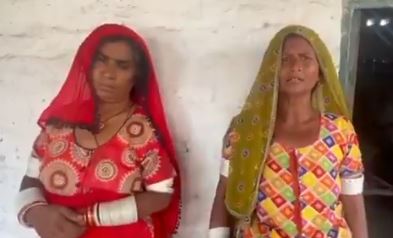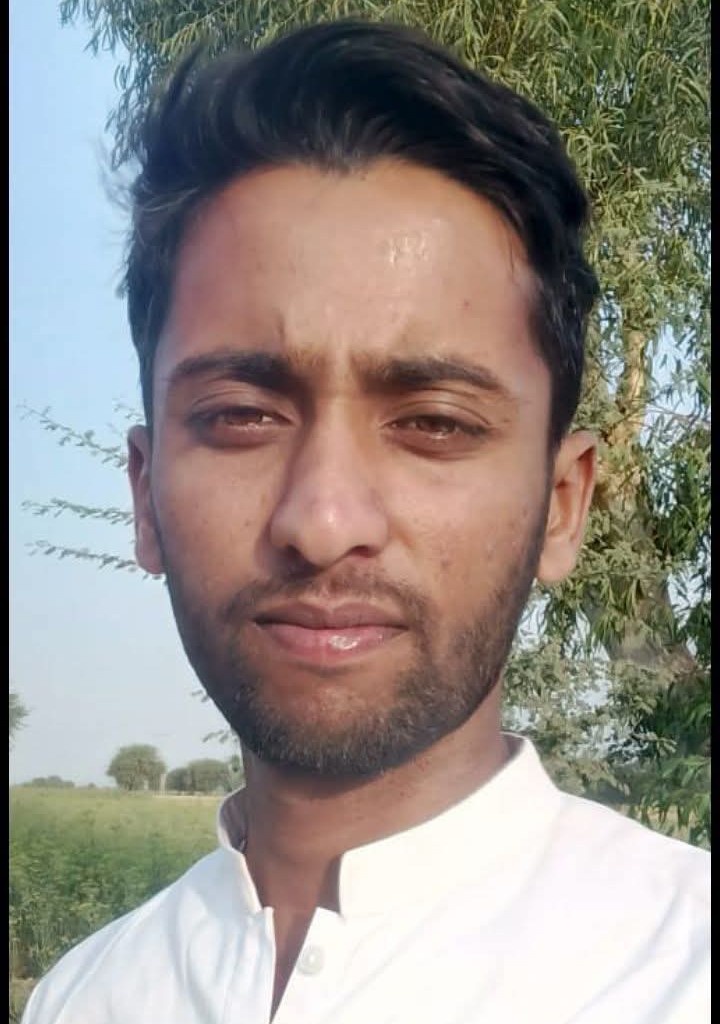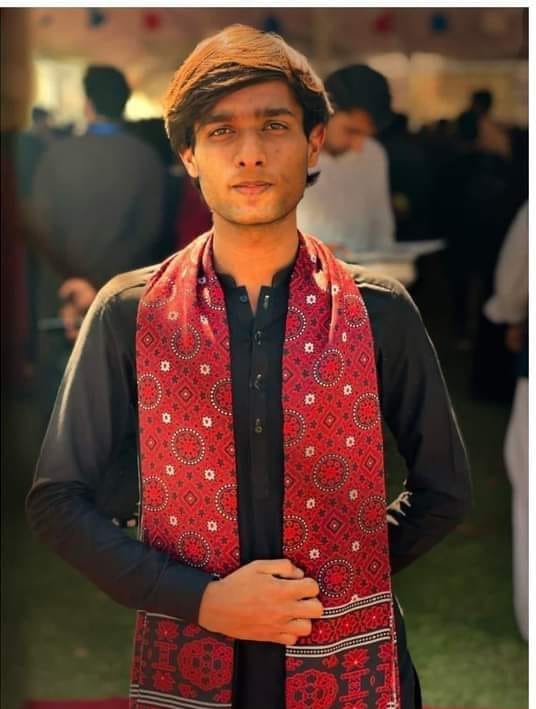Sultanabad, Tando Allahyar, Sindh🇵🇰 – July 24, 2025: A harrowing incident has once again brought the plight of religious minorities in Pakistan into sharp focus. On July 17, 2025, Roshini Meghwar, her 15-year-old daughter, and two other Hindu girls were reportedly abducted from Sultanabad, Tando Allahyar. According to social media reports and local news coverage, the girls were subjected to sexual violence, forcibly converted to Islam, and subsequently married off to men against their will.
The incident has sparked outrage and deep sorrow within the local Hindu community, which has long grappled with the threat of abductions, forced conversions, and coerced marriages. In a heart-wrenching plea to the media, Roshini Meghwar questioned, “Do we give birth to our daughters for Muslim men to marry?” She further asked, “Would Muslims give their daughters to Hindus? Why are they snatching our daughters?” Her words echo the anguish and frustration felt by many minority families in Sindh, who see such incidents as a tragic consequence of their vulnerable status in society.
A Pattern of Abuse: Forced Conversions in Sindh
The abduction and forced conversion of Hindu girls is not an isolated event. Human rights organizations estimate that at least 1,000 girls and women from minority communities—primarily Hindus and Christians—are forcibly converted and married off each year in Pakistan, with Sindh being the epicenter of this crisis. The minority population in Pakistan has dwindled from 25% at the time of partition in 1947 to just 3% today, a decline attributed in part to forced conversions and the resulting migration of minorities seeking safety and religious freedom.
Despite the passage of the Sindh Criminal Law (Protection of Minorities) Bill in 2016, which was designed to outlaw forced religious conversions and protect minors, implementation remains weak. The law mandates a 21-day period for adults to reconsider their decision to convert and forbids minors from changing their religion, with severe penalties for violators. However, enforcement has been inconsistent, and advocacy groups continue to report widespread abuses.
Advocacy and the Struggle for Justice
Human rights organizations such as the Human Rights Commission of Pakistan (HRCP) and the Centre for Social Justice have repeatedly called for stronger legal protections and enforcement to prevent such abuses. International bodies, including the United Nations, have also urged the Pakistani government to take concrete steps to safeguard the rights of religious minorities.
Community leaders and activists within the Hindu community have organized protests and advocacy campaigns, demanding justice and protection. However, families like Roshini Meghwar’s often find themselves with little recourse, as perpetrators frequently evade accountability and victims are left to suffer in silence.
Legal and Social Challenges
Pakistan’s constitution guarantees freedom of religion, but the reality for minorities is fraught with challenges. Attempts to pass comprehensive national legislation prohibiting forced conversions have faced strong opposition from religious parties. The 2016 Sindh bill, for example, was not signed into law due to pressure from conservative groups, and subsequent legislative efforts have stalled. Blasphemy laws and other discriminatory provisions further complicate the situation, often leaving minorities with limited legal protection.
Historical Context: A Legacy of Coexistence and Conflict
Sindh has a long history of religious and cultural syncretism, with Hindus and Muslims coexisting for centuries. However, economic disparities, political changes, and the trauma of partition have strained these relations. Today, while many communities continue to live in harmony, incidents like the abduction of Roshini Meghwar’s daughter serve as a stark reminder of the vulnerabilities faced by minorities.
Support Systems and the Way Forward
Advocacy organizations, both local and international, are working to provide legal assistance, counseling, and empowerment programs for affected families. These efforts are crucial in helping victims navigate the legal system and rebuild their lives. However, sustained action from the government, civil society, and the international community is needed to address the root causes of forced conversions and ensure justice for victims.
Conclusion
The abduction and forced conversion of Roshini Meghwar’s daughter and other Hindu girls in Sindh is a tragic reflection of the ongoing challenges faced by religious minorities in Pakistan. As Roshini poignantly stated, “The biggest misfortune is to be born as a minority in Pakistan. Every other day the news of rape, forced conversion, and marriage comes to light. The culprits roam freely and the vulnerable suffer.” Her words are a call to action for all those who believe in justice, equality, and human rights.
For more updates and detailed coverage of this case and other issues affecting the Hindu and Sindhi communities in Sindh, Pakistan, stay tuned to Sindh Renaissance.






